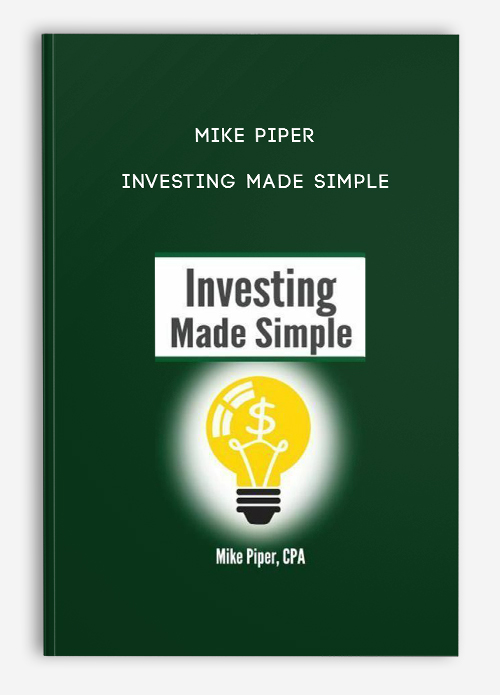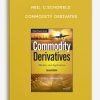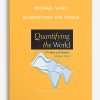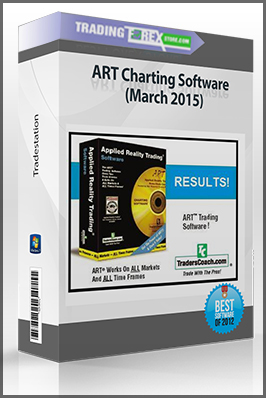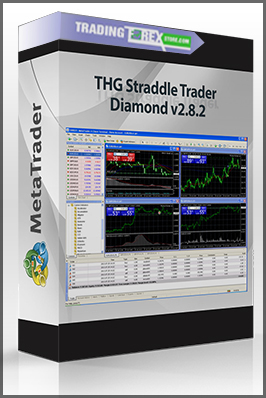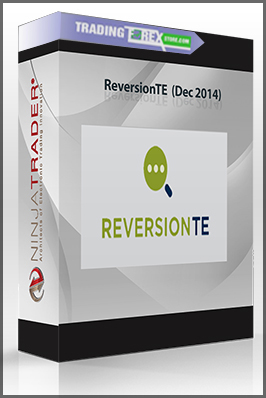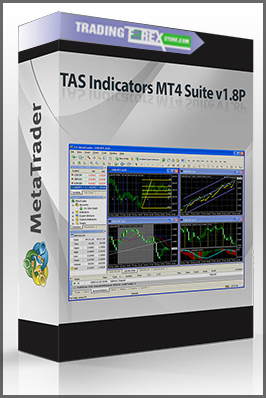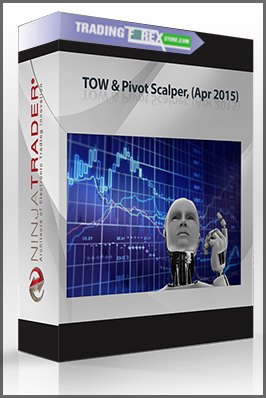Mike Piper – Investing Made Simple
$12.00
Product Include:
File size:
- Description
Description
Mike Piper – Investing Made Simple
**More information:
Get Mike Piper – Investing Made Simple at bestoftrader.com
Description
Find all of the following explained in plain-English with no technical jargon:
Asset Allocation: What does it mean, why is it so important, and how should you determine your own?
How to Pick Mutual Funds: Learn how to choose funds that are mathematically certain to outperform the majority of other mutual funds.
Roth IRA vs. Traditional IRA vs. 401(k): What’s the difference, and how should you choose between them?
Financial Advisors: Learn what to look for as well as pitfalls to avoid.
Frequent Investor Mistakes: Learn the most common mistakes and what you can do to avoid them.
Calculate Your Retirement Needs: Learn how to calculate how much you’ll need saved in order to retire.
Who Is This Book For?
Anyone who has questions about investing, but who doesn’t want to trudge through a 300-page textbook.
What This Book Is Not:
This book is not going to make you an absolute expert on the topic, and
This book is not going to provide you with a way to get rich overnight.
What it will do (hopefully) is provide an easy-to-understand, concise introduction to the topic of prudent investing.
Mike Piper is the author of 8 personal finance books and the popular blog Oblivious Investor (obliviousinvestor.com). He is a Colorado Licensed CPA. Mike’s writing has been featured in many places, including The Wall Street Journal, Money Magazine, AARP Magazine, Forbes, CBS News, MarketWatch, and Morningstar
Forex Trading – Foreign Exchange Course
Want to learn about Forex?
Foreign exchange, or forex, is the conversion of one country’s currency into another.
In a free economy, a country’s currency is valued according to the laws of supply and demand.
In other words, a currency’s value can be pegged to another country’s currency, such as the U.S. dollar, or even to a basket of currencies.
A country’s currency value may also be set by the country’s government.
However, most countries float their currencies freely against those of other countries, which keeps them in constant fluctuation.

